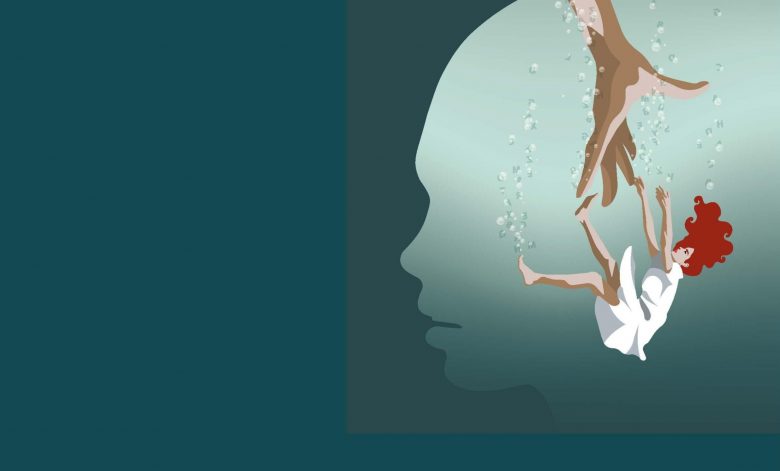
Life has been evolving on Earth for 3.5 billion years. This is quite a long time. Surely by now Darwin’s principle of evolution by natural selection has had time enough to fill the world with perfectly adapted organisms — including us? Humans, however, are far from perfect. Not only does our species suffer from viral and bacterial attacks such as colds and flu, malaria, chicken pox, measles and a plethora of other physical disorders, but we also regularly succumb to mental health disorders such as bipolar disorder and generalised anxiety disorder.
One reason for this lack of perfection when it comes to physical health is the fact that parasites have also been evolving since the dawn of life on Earth. Evolution should not be conceived of as climbing a ladder to perfection but as a treadmill where every evolutionary advance to overcome parasites (such as the development of the immune system) is counteracted by changes on the part of the parasites to overcome such defences (Workman and Reader 2008).
Your organisation does not have access to this article.
Sign up today to give your students the edge they need to achieve their best grades with subject expertise
Subscribe



